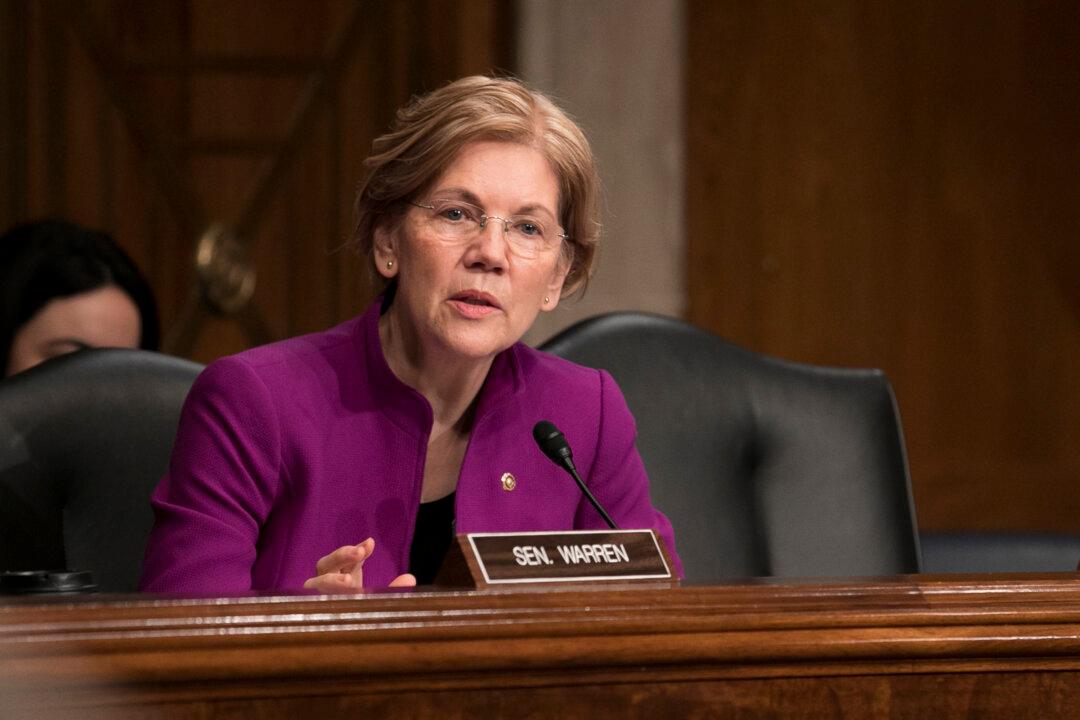WASHINGTON—U.S. Sen. Elizabeth Warren (D-Mass.) announced Dec. 31 that she’s exploring a run for president, after months of speculation that she might be a contender in the 2020 presidential race.
Warren posted a video on Twitter telling her followers, “I never thought I'd run for office, not in a million years,” about her successful run for Senate. She listed a number of issues that she’s passionate about, such as economic equality and rebuilding America’s middle class, before turning to the camera in what looks to be her kitchen and saying, “That’s why today, I’m launching an exploratory committee for president.”





